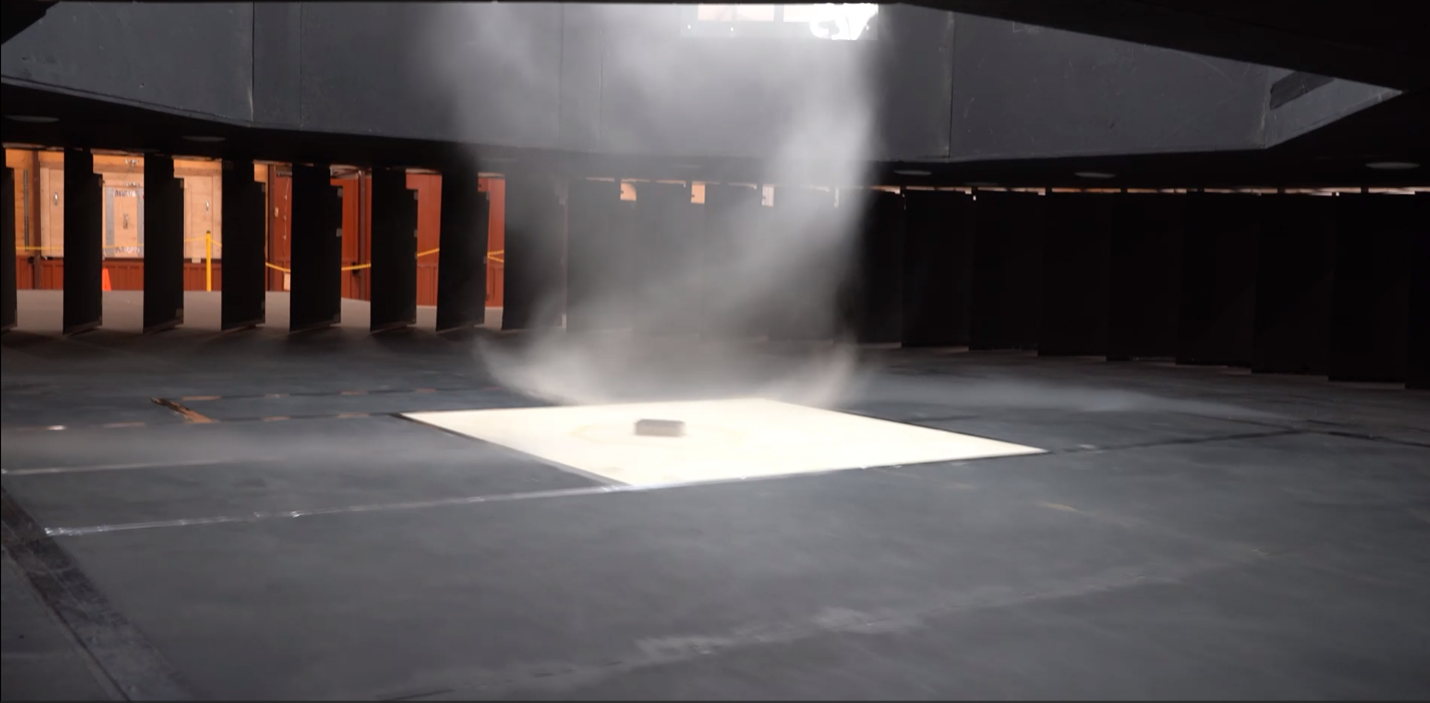Multi-hazard & Infrastructure Sustainability
Overview
The Construction Engineering program at Texas Tech University offers students a pivotal opportunity in a rapidly expanding field, with the construction industry projected to grow by 3.6% annually until 2030. Our ABET-accredited program is renowned for its robust blend of engineering fundamentals and applied construction management. We lead in technological advancements through courses like virtual design and construction, ensuring graduates maintain a 100% employment rate and excel in regional and national competitions. Faculty members are at the forefront of research on global issues; for example, Dr. Nejat heads the Center of Excellence in Climate Resilient and Equitable Housing (CECREH), focusing on community resilience, while Dr. Ghebrab pioneers the recycling of wind turbine blades into asphalt. This interdisciplinary approach addresses critical challenges such as wind and earthquake hazards and promotes sustainable infrastructure solutions. Students benefit from extensive research opportunities that contribute to the advancement of infrastructure and society.
At Texas Tech University, the Geotechnical Engineering Program plays a pivotal role in advancing the understanding and application of granular materials in natural and built environments. Emphasizing soils and rocks as essential engineering materials, our program addresses behavioral challenges and mitigates natural and man-made hazards. Faculty and students engage in cutting-edge research using analytical, numerical, and experimental methods. Research areas include foundation, slope, and earth retaining structure design, soil-structure interactions, site and material characterization, ground improvement, natural hazard assessment and mitigation, environmental geotechnics, and energy geotechnics. Collaboratively, we strive to develop innovative, resilient solutions to meet society's infrastructure and energy needs.
Research Projects
Utilizing NASA nighttime satellite photos to examine the pattern of power outages in Harris County (Nejat et al., 2022).
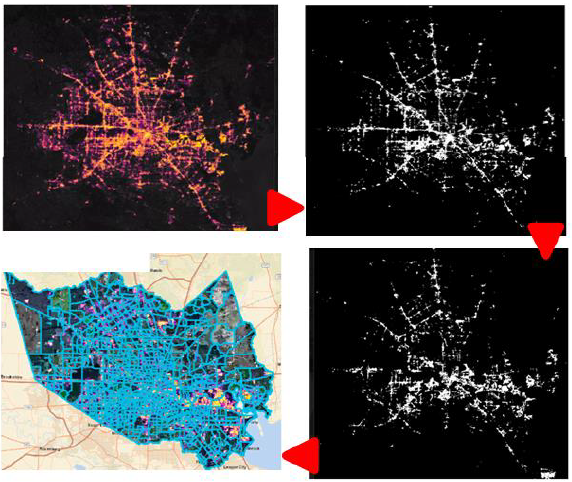
Dr. Ali Nejat, an associate professor in the Department of Civil, Environmental, &
Construction Engineering is taking lead in the HUD research Center of Excellence
The project, funded by the Department of Housing and Urban Development (HUD, will
focus on helping local, state and federal agencies anticipate and address post-disaster
needs. the $3.2 million grant brings Texas Tech together with Texas A&M University
at Galveston, Texas Southern University, Stony Brook University, the University of
Kansas and the University of Waterloo to establish the Center of Excellence in Climate
Resilient Equitable Housing (CECREH). CECREH joins the other two Centers of Excellence
nationwide previously funded by HUD to conduct housing and committee development
research through innovative approaches and to underserved communities, with HUD
making funds available to Hispanic Service Institutions. Read More.
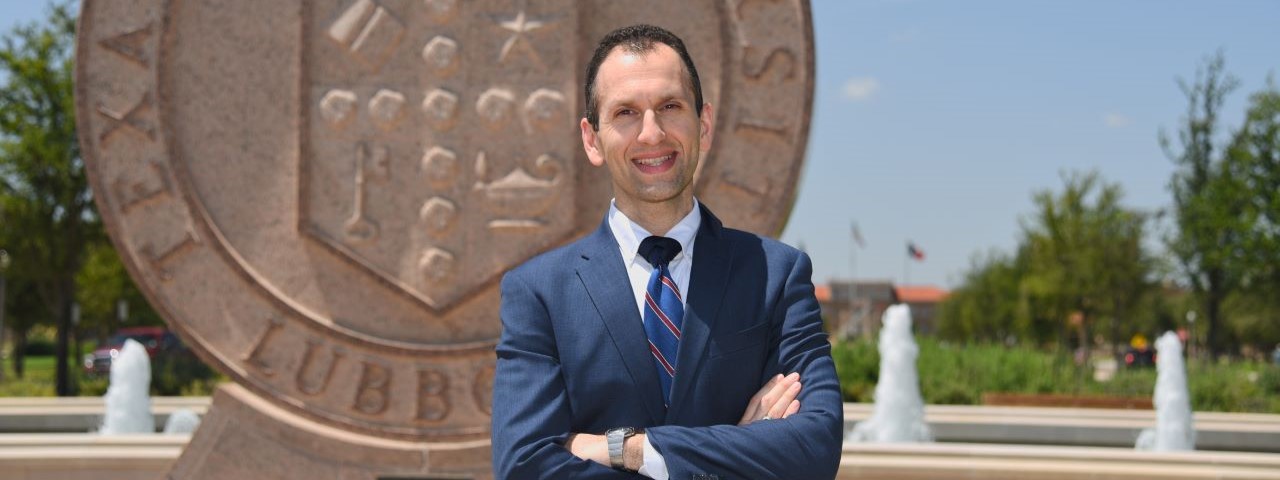
Mechanochemical recycling of decommissioned wind turbine blades to asphalt.
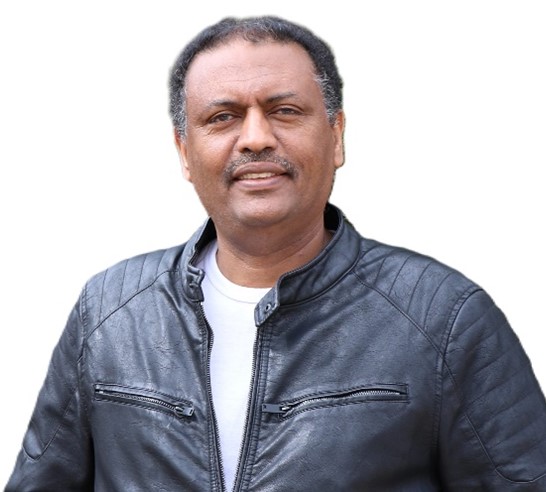

Dr. Ghebrab along with other team members won an award for developing innovative methods to recycle decommissioned wind turbines. The $75,000 grant, awarded by the Department of Energy, aims to address the challenge of effectively managing the growing volume of retired turbine blades. The project will focus on developing cost-effective and environmentally sustainable recycling solutions, ultimately contributing to the advancement of renewable energy technology and mitigating environmental impact. Read More.
Multi-Hazard Sustainability (HazSus) Research Group
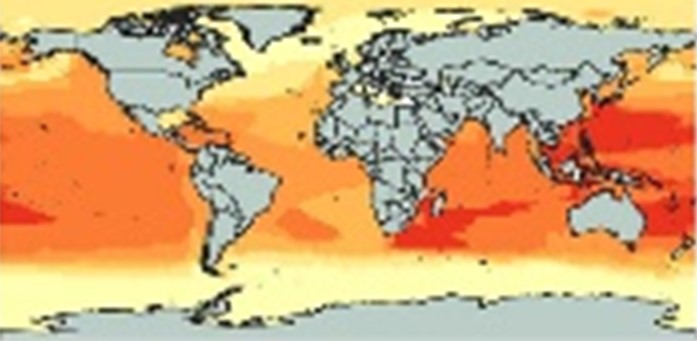
Dr. Ting Lin directs the Multi-HAZard SUStainability (HazSus) Research Group with parallel tracks in earthquake engineering and climate change, enabled by performance-based engineering and advanced technologies such as artificial intelligence, high performance computing, and virtual reality. Her research specifically focuses on probabilistic physics-based seismic hazard/risk analysis interfacing earthquake science/engineering and probabilistic sea-level rise hazard analysis (PSLRHA) incorporating polar ice melting uncertainty. Lin is the Committee Chair of the COSMOS/EERI/SSA Bruce Bolt Medal and the Former Committee Chair of the ASCE SEI Advances in Information Technology. She has served on delegation/working group/committees under COP15, NEHRP, SCEC, NIST, UJNR, & NASEM, and as a lead guest editor/session chair and reviewer for journals, conferences, & funding agencies. Her work has been implemented in hazard mapping, modeling software, and building codes & guidelines.
Wind Hazard and Infrastructure Performance (WHIP) Center
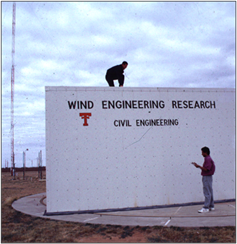
Dr. Kishor Mehta, P.W. Horn Distinguished Professor (ret.) is member of the National Academy of Engineering, and Distinguished Member of ASCE. He was Center Director for the NSF IUCRC Wind Hazard and Infrastructure Performance (WHIP) Center, the position he held for the past five years and has stepped down recently. Over the last fifty-four years his research focus has been on wind hazards and their impact on buildings and structures. His accomplishments include in-situ damage documentation, wind pressures on building in the field, technical criteria for in-residence shelter, and development of national wind load standard ASCE 7, EF-Scale for tornado intensity, and multidisciplinary doctoral curriculum for wind science and engineering.
Investigation of cross-frame stiffness and stability in steel bridges
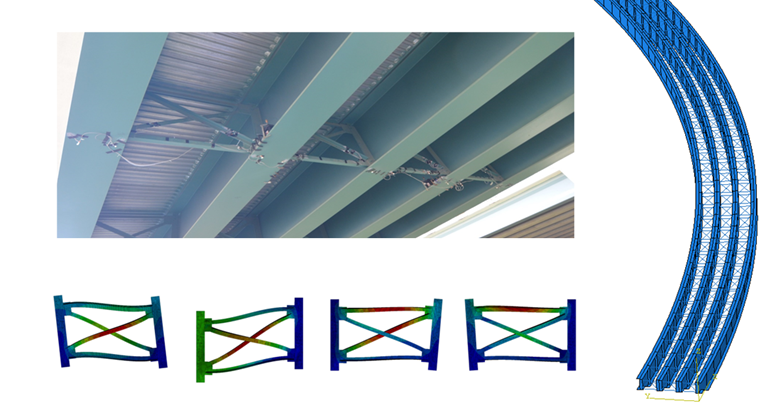
The behavior of cross-frames varies depending on bridge conditions and loading types. Additionally, the approach used to model cross-frames can significantly impact performance predictions for girder stability during construction and for cross-frame fatigue under in-service traffic loading.
Dr. Sunghyun Park's research includes laboratory tests, field experiments, and finite element analysis.
Uncertainty Quantification and Management in Computational Science and Engineering

Dr. Zhiheng Wang serves as a member of the ASCE Engineering Mechanics Institute (EMI) Probabilistic Methods Committee (PMC). His group develops novel methodologies and algorithms for uncertainty quantification and scientific machine learning, with applications to complex systems in science and engineering, such as structures, materials, hazards (wind, earthquake, fire), and aerospace, etc., aiming to enhance the sustainability, resilience, and efficiency of engineering design, decision-making, and optimization processes.
Tornado Effects on Civil Infrastructure and Hazard Mitigation
Dr. Delong Zuo has been pursuing research related to tornadoes, their devastating effects on civil infrastructure, and the mitigation of these effects. In recent years, his research has received support from the National Science Foundation (NSF), the NSF-supported Industry-University Cooperative Research Center for Wind Hazard and Infrastructure Performance, and the Central Research Institute of Electric Power Industry of Japan that support this research. Using the funds provided by these entities, a research team led by Dr. Zuo has conducted both laboratory testing and numerical simulations based on computational fluid mechanics to characterize tornado-like vortices and the loading on buildings by these vortices. The outcomes of the characterization have also been used as a basis to probabilistically simulate tornado loading on buildings and investigate the structural response of the buildings to the loading. This enables the evaluation of risks that tornadoes cause to buildings and potential development of strategies and countermeasures for reducing the risks.
Faculty
Department of Civil, Environmental & Construction Engineering
-
Address
Texas Tech University, Box 41023 | Lubbock, TX 79409−1023 -
Phone
806.742.3523 -
Email
cece@ttu.edu

